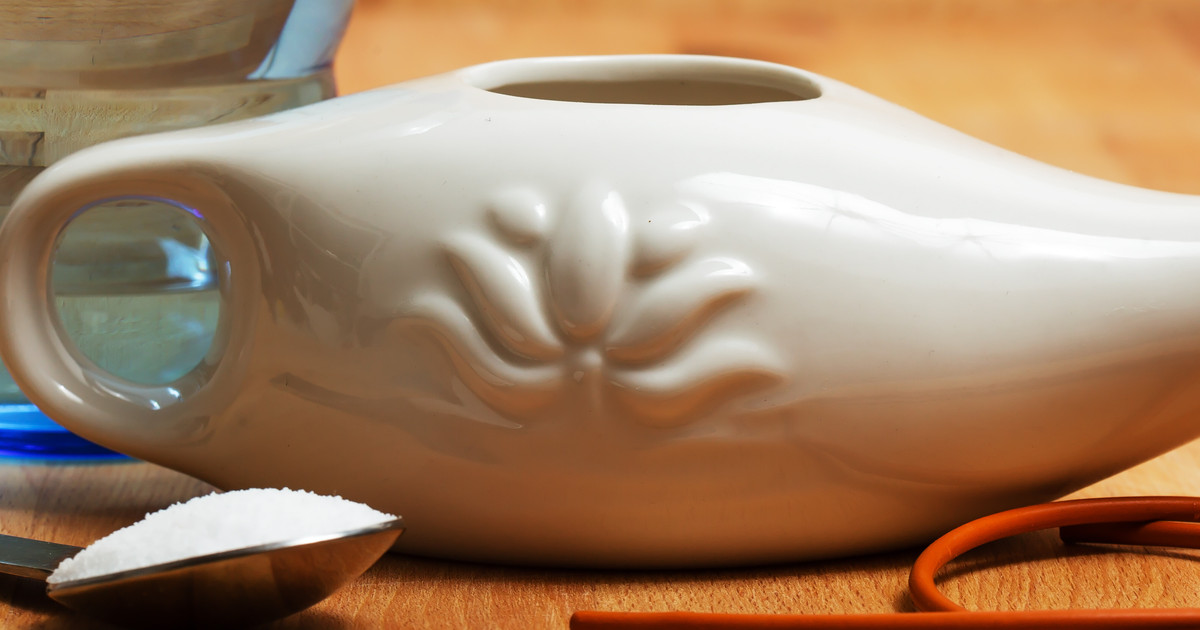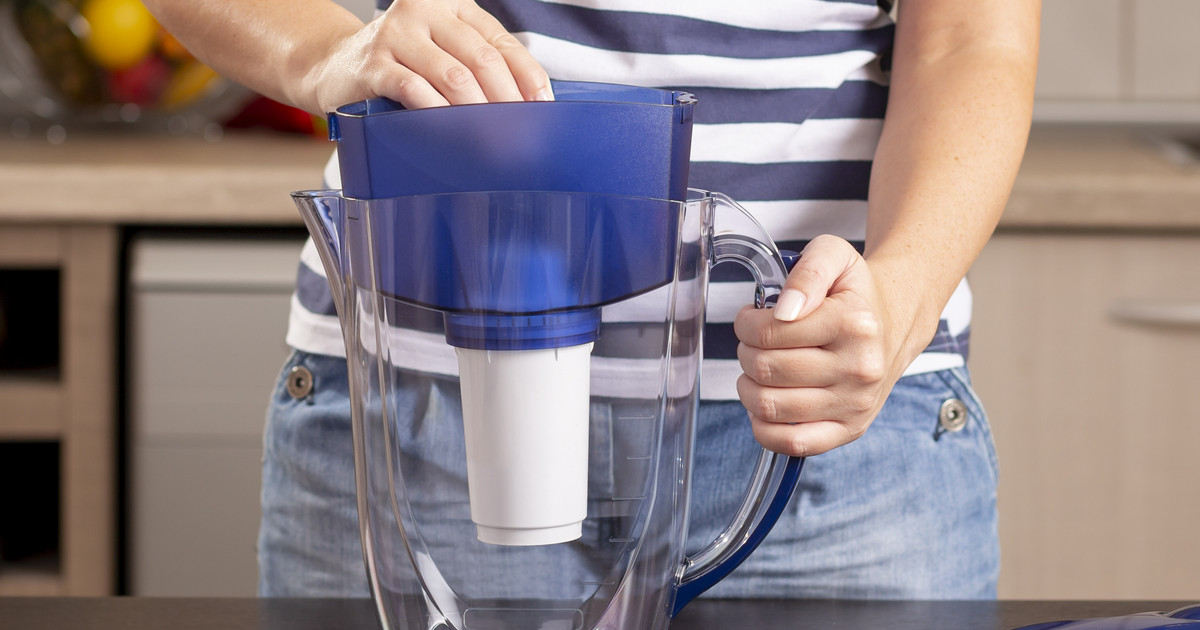Guide To Using A Neti Pot Correctly
What Water To Use
Although neti pots are known to be helpful for most individuals, they can cause harm if they are not used and cared for correctly. An individual should never use tap water in their neti pot because it generally contains small quantities of protozoa, amebae, bacteria, and other microorganisms. Tap water is okay to swallow because the digestive acid and enzymes in the stomach can kill these pathogens. If these pathogens enter the nasal passages through a neti pot, the microorganisms will not be eradicated and can colonize in the area. To ensure no foreign material or microorganisms enter the nasal cavities, an individual should only use certain types of water when they are using their neti pot. Tap water may be used only if it is brought to a boil for a minimum of three to five minutes and then allowed to cool down. Boiled tap water should be stored in a closed container for no more than twenty-four hours when it is intended for use in a Neti pot. Sterile water, distilled water, and water filtered at a minimum pore size of one micron are also safe to use in a neti pot.
Continue reading to learn how to clean a neti pot next.
Cleaning A Neti Pot

One of the most important parts of using a neti pot safely includes an individual cleaning it properly after every time they use it. Neti pots, like toothbrushes, should not be shared because certain bacteria can remain alive and be passed to the next individual who uses it. While exact instructions can vary between different neti pot manufacturers, the protocol for cleaning them generally starts with cleaning the pot with antibacterial soap and distilled, boiled, or sterile water. It is important that all soap residue is washed out of the neti pot and it is hand dried. When washing the neti pot, an individual should pay extra attention to the region where the pot meets the spout, as it is easy for salt to accumulate in this area. Any buildup in the neti pot can provide a favorable environment for the growth of a harmful pathogen that can be passed into the nasal cavities during use. Colonized pathogens that produce an infection in an individual's nasal cavity can spread into their sinuses, pharynx, and other parts of their body.
Read more to discover when to stop using a neti pot next.
